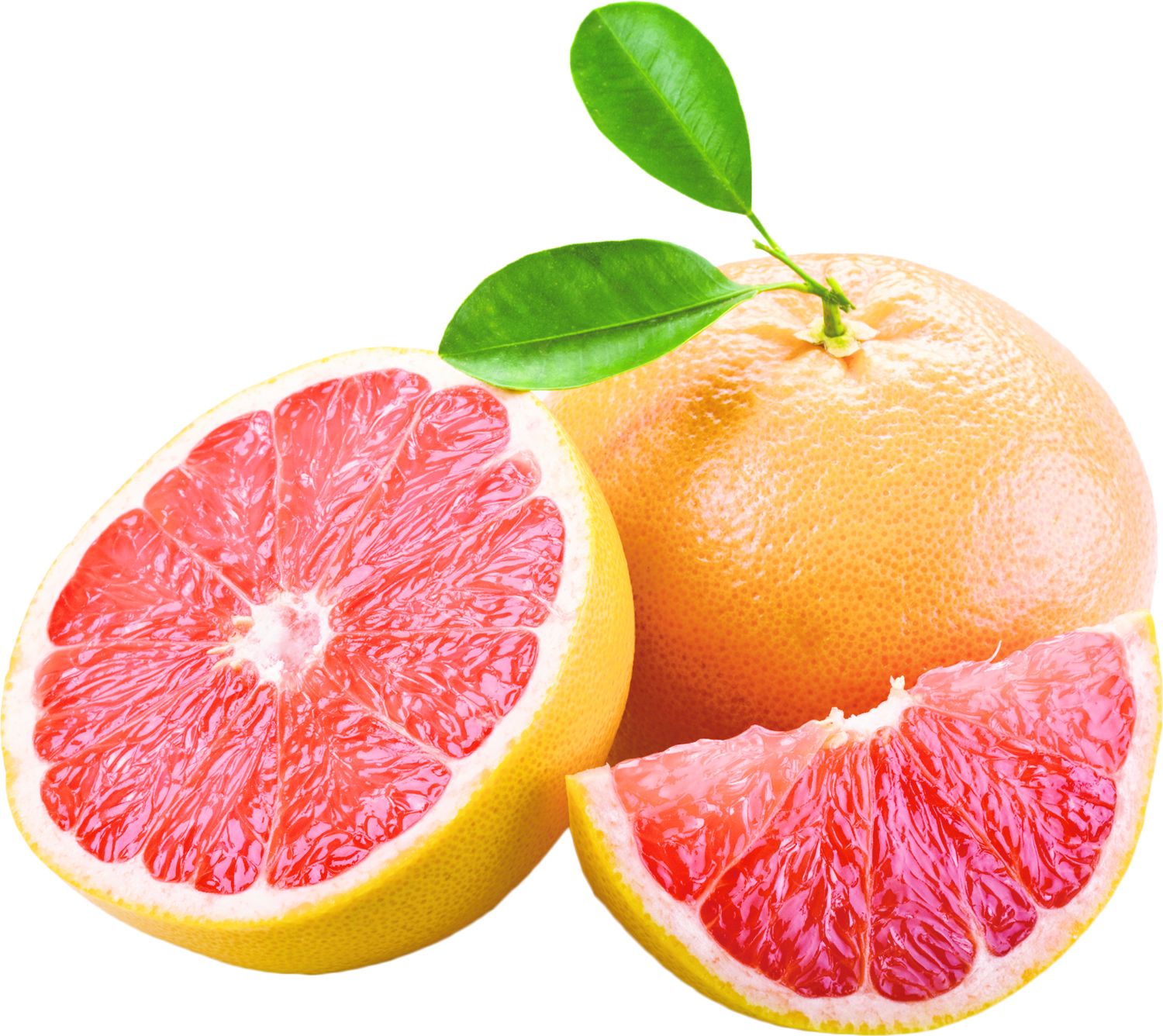What You Need to Know Now About Multivitamins
Making sense of multivitamins cancer-prevention promise, heart-disease disappointment in recent findings.
Healthy Vegetables Are Always in Season
Discover 11 spring and early summer veggies with surprising health benefits.
Drinking Tea Protects Your Head, Heart and Bones
"If theres anything that can confidently be communicated to the public, its the strong association of tea drinking with a lower risk of common chronic diseases, particularly heart disease, and the demonstration of that benefit through clinical trials," says Jeffrey B. Blumberg, PhD, director of Tufts HNRCA Antioxidants Research Laboratory and chair of the Fifth International Scientific Symposium on Tea and Human Health. The symposium, held at the US Department of Agriculture in Washington, DC, spotlighted new evidence of the health benefits of tea, ranging from preventing osteoporosis to improving digestion. Other new studies have recently linked tea consumption to lower incidence of some cancers and reduced risk of functional disability.
Understanding Food and Medication Interactions
Grapefruit and other foods can be dangerous in combination with common drugs. Heres what you need to know.
How to Make Healthy Lifestyle Changes
…and how to make them stick. The secret? Understanding your habits and the dual drivers of your behavior.
Food and Your Mood New research focuses on how what you eat affects how...
Maybe its not just the sunny climate, dazzling blue sea and bountiful beaches that make people living around the Mediterranean more cheerful. Prior research has shown that the lifetime prevalence of mental disorders is lower in Mediter - ranean countries than in northern Europe. Now a new Spanish study suggests that part of the explanation might be the so-called Mediterranean diet.
Are AGEs in Your Food Aging You? Cook low, slow and moist to reduce...
Could poaching that chicken breast instead of broiling it help reduce your risk of heart disease and diabetes? Does how you prepare tonights pot roast really affect your arthritis symptoms or the dangerous complications of diabetes? And can opting for a homemade salad rather than a takeout burger and fries actually protect against the effects of aging?
The Cutting Edge of Nutrition and Cancer Yes, fruits and vegetables do help protect...
Cancer is constantly in the news, it seems-and no wonder, since its re-cently overtaken heart disease as the leading cause of death in the US. Youre bombarded with information, myths and hopeful guesses about what might protect you against cancer and what might raise your risk. Your lifestyle really can affect your risk-but whats fact and whats sheer speculation?
The Assault on Salt How you can win the war on sodium from added...
Its been a tough year for salt. Most recently, the Dietary Guidelines Advisory Committee (DGAC)-whose recommendations will form the basis of the 2010 federal Dietary Guidelines for Americans to be released late this year-called for slashing the recommended maximum daily sodium intake from 2,300 to 1,500 milligrams (mg).




























